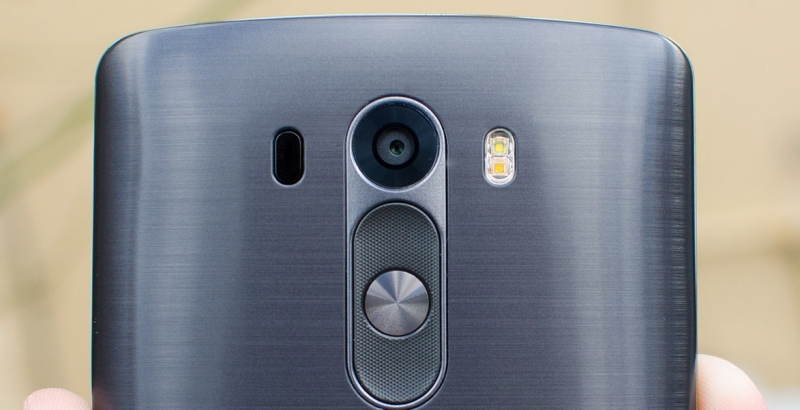A couple of months ago we took a look at the hardware that makes up your smartphone camera. While it can be interesting to know what constitues a digital camera module, that knowledge isn't going to help you all that much when it comes to actually taking a photo on your smartphone.
This is where this particular guide might come in handy. We've laid out ten tips for taking better smartphone photos. Read on and you'll be well on your way to producing awesome shots from a fairly limited camera platform.
Last edited by a moderator:
